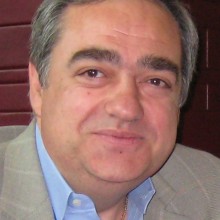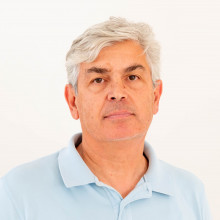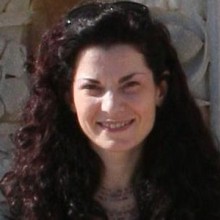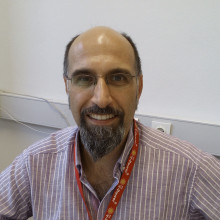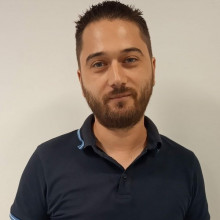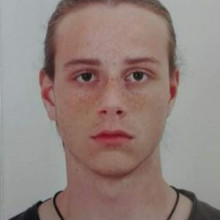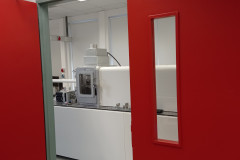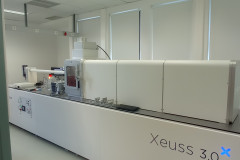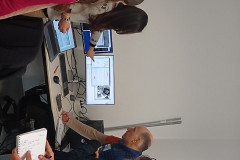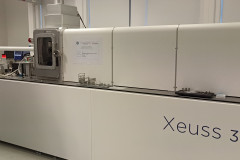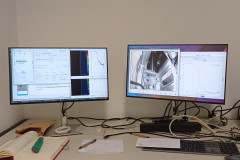The ability to characterize the structure, dynamics and properties of materials is an essential component of modern soft matter science. It leads to the optimization of synthetic routes by the establishment of chemistry-structure-properties relationships. IESL-FORTH has over the years developed largely successful research activities in the area of advanced materials and, especially, soft matter (polymers, colloids, nano-hybrids). The characterization capabilities available at IESL-FORTH have grown covering most needs of the broad range of soft matter. However, certain experimental techniques are missing, which renders the available toolbox of characterization methods incomplete: one is small angle X-ray scattering (SAXS). Along this project, a state-of-the-art SAXS instrumentation that will be unique in Greece will be aquired reinforcing the soft-matter research capabilities of IESL-FORTH and the Greek soft matter community and greatly contributing to the general materials science in Greece. SAXS probes relatively large-scale structures; it is best adapted to probe nanometric to microscopic sizes. Moreover, SAXS includes not only the diffraction of large lattice spacing, of the order of tens, hundreds, or even thousands of interatomic distances, but also the scattering by non-periodic structures of amorphous and mesomorphic materials, frequently encountered in soft matter. The SAXS instrumentation will allow the Soft Matter group of IESL-FORTH to improve its structural characterization capabilities by extending the available length-scale range, which will now cover the ~1 nm to ~10 nm range by XRD, the ~10 nm to ~100 nm range by SAXS and the larger structures by light scattering. This will allow the Soft Matter Group at IESL-FORTH to continue being one of the main players in the European Soft Matter community by enhancing further its active participation to the EUSMI and NFFA-Europe Research Infrastructures (RI), within the Programme of European RI’s, and to the INNOVATION_EL infrastructure within the Greek National Roadmap of RI’s.
Principal Investigator
Scientific Staff
Technical Staff
Research Associates
Students
Alumni
Deliverables and Milestones that have been fulfilled
Deliverables
D1.1 Report on the available SAXS instruments (M5)
D1.2. Contract with a Postdoctoral Researcher (M12)
D1.3. Contract with a Technician (M7)
D2.1. International Call for Bids (M9)
D2.2. Minutes of the Committee for the selection of the vendor (M12)
D2.3. Report on the full installation of the SAXS instrument (M20)
D4.1. SAXS‐SOFT website through the homepage of FORTH/IESL (M3)
D5.1 Intermediate report (M22)
Milestones
M1.1. Applications for the new positions (M6, M11)
M2.1. Selection of Vendor (M12)
M2.2. Appropriately modified laboratory area (M17)
M2.3. First SAXS measurement inhouse over a wide q-range (M20)
M3.1. Three fully analyzed SAXS measurement of a nanostructured material (M22)
M5.1. First meeting of the Steering Committee (M2)
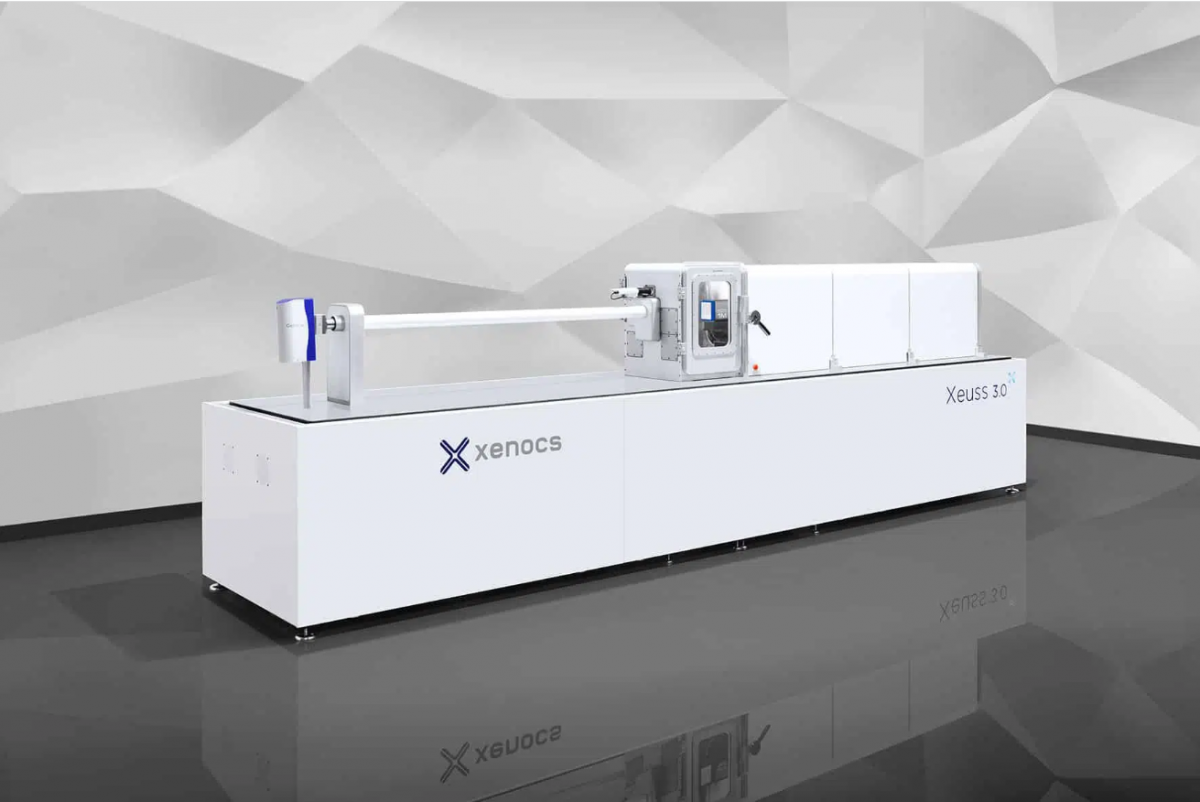 The XENOCS Xeuss 3.0(GI) SAXS / WAXS instrument was acquired via SAXS-SOFT
The XENOCS Xeuss 3.0(GI) SAXS / WAXS instrument was acquired via SAXS-SOFT
Download PDF
Funding



